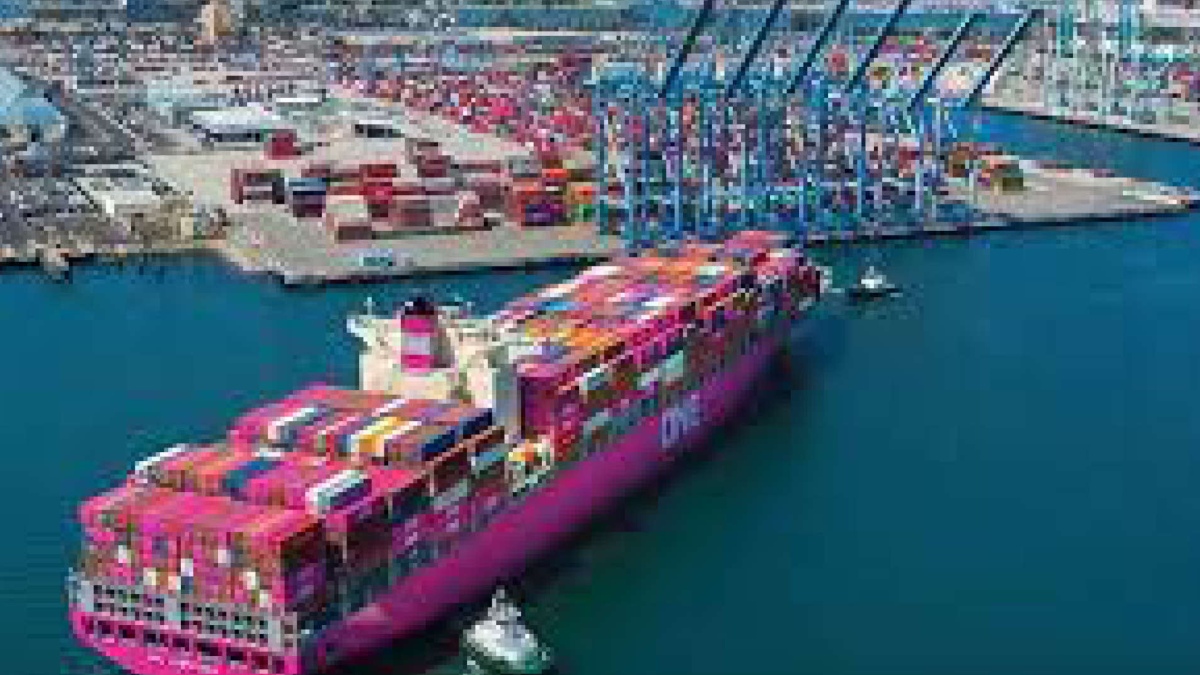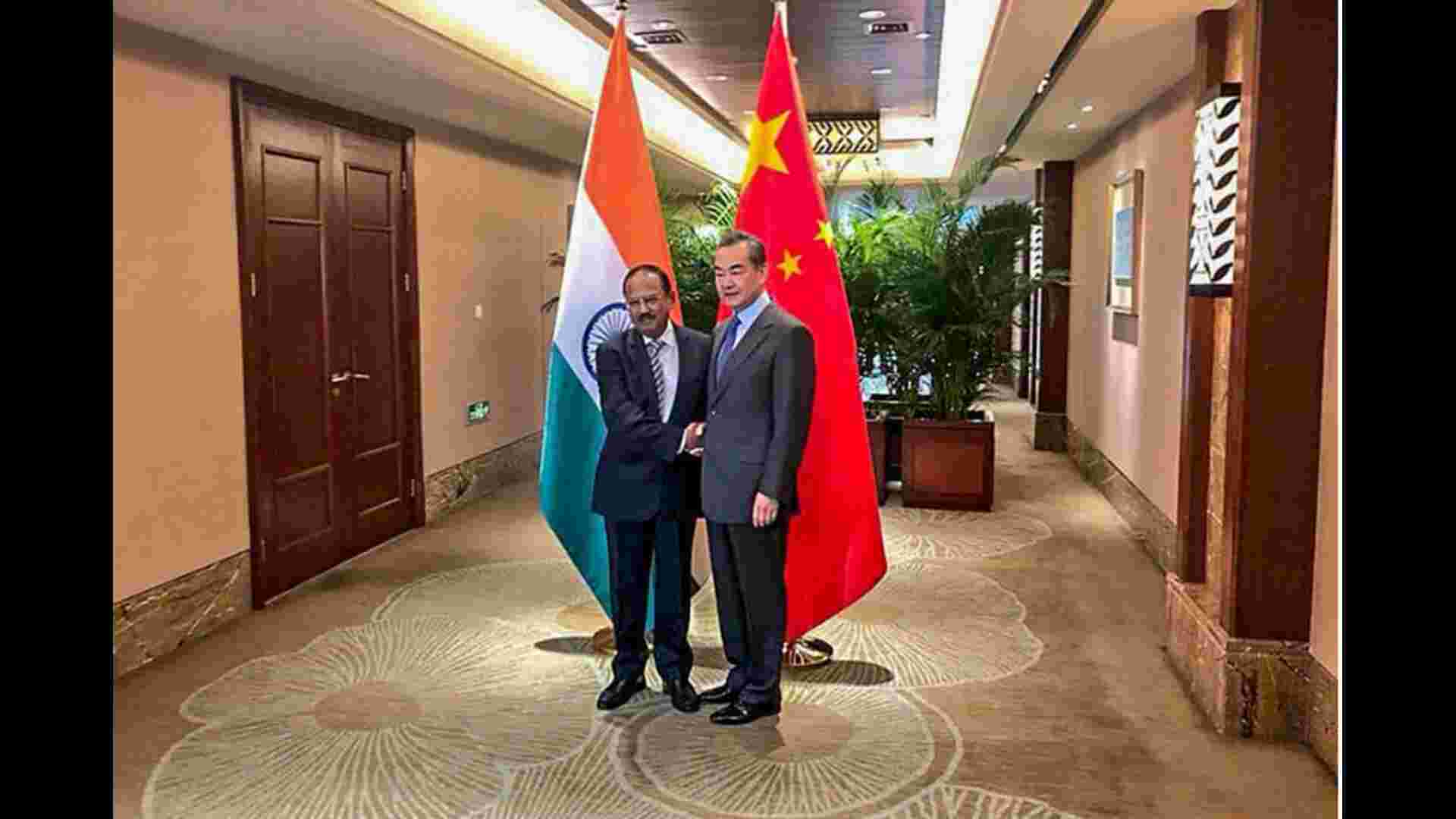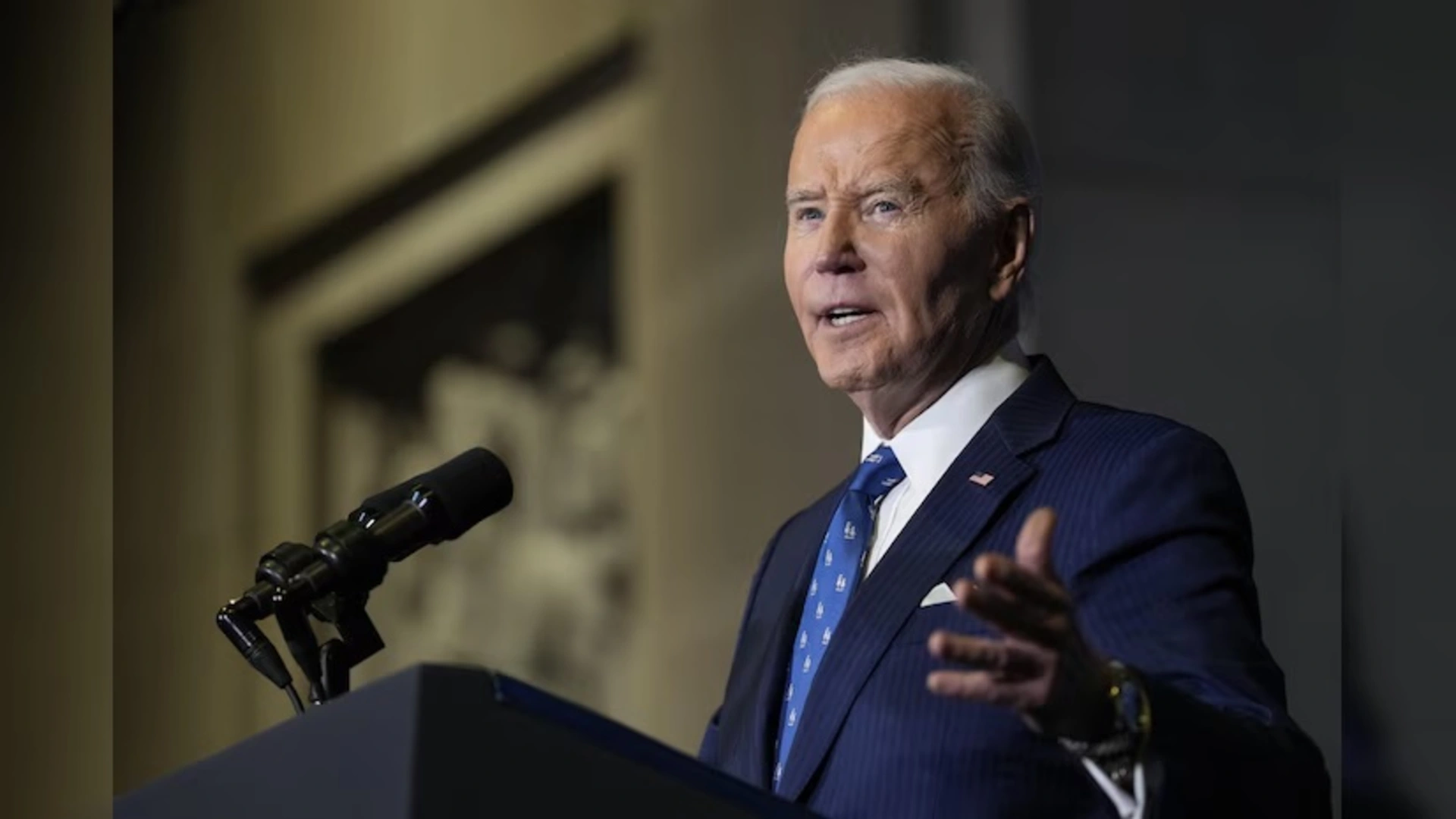
The Indian Economy has shown significant resilience amidst the global pandemic and trade shock that began to impact the global economy towards the end of 2019-20 and acquired catastrophic proportions in 2020-21. Secretary, Department of Commerce, Government of India Dr Anup Wadhawan today said during the virtual media interaction that the cumulative value of overall exports (merchandise & services) during April-March 2020-21 has been estimated at USD 493.19 Billion compared to USD 528.37 Billion during April-March 2019-20, registering a negative growth of (-) 6.66 percent. He added that it reflects a remarkable recovery over the course of the financial year after the huge downturn in April 2020 reflected in decline in merchandise exports by (-) 60.28% and services exports by (-) 8.92 %


Trade data for March 2021, the final month of 2020-21 reflects the build-up of a strong recovery in exports despite several challenges. The overall export (merchandise and services) for March 2021 is estimated at USD 52.20 Billion, registering a positive growth of 31.64 percent vis-à-vis March 2020. Merchandise exports in March 2021 grew by 60.29% as compared to March 2020, which was substantial even after factoring in the base effect. This was driven by healthy export growth in key sectors such as engineering goods (71.30%), gems & jewellery (78.93%), petroleum products (35.52%), drugs & pharmaceuticals (48.49%) and Organic & inorganic chemicals (46.50%).Merchandise Exports-other than POL and Gems & Jewellery had an even more impressive performance in March 2021 attaining a value of USD 27.42 Billion, as against USD 16.95 Billion in March 2020, an increase of 61.75%.
The cumulative value of merchandise exports during April-March 2020-21 has been estimated at USD 290.63 Billion compared to USD 313.36 Billion during April-March 2019-20, which is a negative growth of (-) 7.26 percent, which is fairly moderate given the prevailing global situation. If Gems & Jewelry and PoL exports, both involving very moderate value addition, are excluded, the growth in merchandise exports in 2020-21 was actually (+) 1% i.e. an increase over 2019-20, notwithstanding the Covid disruption. This reflects immense adaptability in our exporters in capturing new opportunities in sectors like other cereals, oil meals, rice, cereal preparations & miscellaneous processed items, drugs &pharmaceuticals, spices, fruits & vegetables, carpets, jute manufactures, ceramic products & glassware and organic &inorganic chemicals, while containing the downturn in other sectors in the face of huge challenges. The decline in export values in petroleum products and G&J also, predominantly reflected decline in global prices rather than volumes.
Petroleum products exports declined by $15.4 Billion y-o-y during FY 2020-21. This is a significant fraction of the decline in India’s total merchandise exports in FY 2020-21 of 22.7 USD billion. Export of Petroleum Products showcased a decline of (-) 37.3% YoY (-$15.4 Billion) during FY 2020-21. Share of Petroleum Products in overall exports also declined to 8.9%during FY 2020-21 as compared to 13.2% in FY 2019-20. Petroleum demand had been badly hit due to Covid-19 relatedlockdowns across the globe. Hence, the drop in exports was unavoidable during this period. Additionally, there has been a major decline in oil prices in the pastyear which has subdued the value of exports during this period. In this context it is mentioned that in Apr-Feb 2020-21, Pol export has recorded negative growth of (-) 42.8% and (-) 10.9% in value and quantity respectively over Apr-Feb 2019-20
Decrease in exports of diamond and other jewellery further dragged down overall exports and showed a decline of USD 9.9 Billion y-o-y during FY 2020-21, again a significant component in the overall fall of USD 22.7 Billion. Diamond and other jewellery registered a drop of 27.5% YoY (-$9.9bn) during FY 2020-21. Share of Gems & Jewellery in overall exports also declined to 9.0%during FY 2020-21 as compared to 11.5% in FY 2019-20. Further, Indian industry imports rough or unpolished diamonds fromother countries for finishing/polishing/cutting etc. Therefore, the import content is very high in exports of Diamonds and other jewellery resulting in low value addition
The commodities/commodity groups which have recorded positive growth during 2020-21 as compared to 2019-20 are Other cereals (219.13%), Oil Meals (87.91%), Iron Ore (86.78%), Rice (37.06%), Cereal preparations & miscellaneous processed items (21.16%), Drugs & Pharmaceuticals (18.07%), Spices (10.37%), Fruits & Vegetables (8.63%), Carpet (8.39%), Jute Mfg. including Floor Covering (8.29%), Ceramic products & glassware (6.02%) and Organic & Inorganic Chemicals (0.51%).
The overall trade deficit, taking merchandise and services together, for April-March 2020-21 is estimated at 12.74 USD billion as compared to the deficit of 77.76 US Billion in April-March 2019-20. The merchandise trade deficit between 2019-20 and 2020-21 declined from USD 161.35 Billion to 98.56 Billion
Prospects
Dr Wadhawan said that prospects for a quick recovery in world trade have improved as merchandise trade expanded more rapidly than expected in the second half of last year. World merchandise trade volume is expected to increase by 8.0% in 2021 (Jan-Dec) after falling 5.3% in 2020 (Jan-Dec), as per the WTO. World Trade continues its rebound from the pandemic-induced collapse that bottomed out in the second quarter of last year.
The Covid period has revealed new opportunities for Indian food sector. There is a rise in demand in US, Europe, Australia, New Zealand, Israel, Palestine and Egypt. Enquires for fresh/ dehydrated garlic, spices (chilli, turmeric, ginger), seed spices (cumin, fennel), sesame seeds/oil, sugar (new demand from Sri Lanka) and groundnut have been received by the exporters. The demand for non-basmati rice from new buyers such as Malaysia and the Philippines is likely to boost exports in the coming months.
India’s dominance in the pharma sector has been reinforced with supply of critical covid related supplies to over 150 countries and rapid growth in exports during the Covid period.
This sets an excellent foundation for our export sector to take off on the back of significant improvement in EoDB, creation of a plug and play investment / manufacturing environment across various industrial corridors, and launch of the very substantive PLI schemes across 13 sectors.















